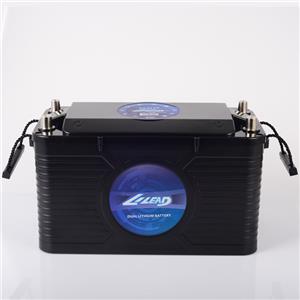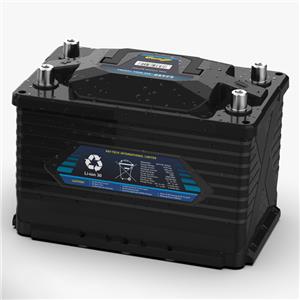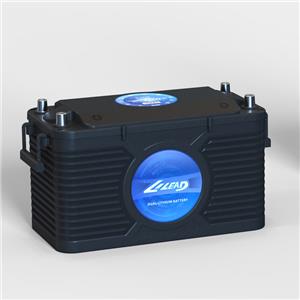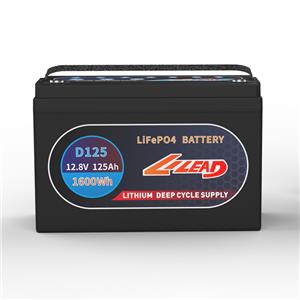Prospects for the application of lithium batteries on sailboats
With the development of science and technology and the increase of energy demand, people began to seek more efficient, more environmentally friendly and safer sources of power. As a new type of energy storage technology, lithium battery has many advantages and has gradually been widely used in various fields. This paper will take sailboat as an example to introduce the application of lithium battery in the field of ship, analyze its advantages and precautions, and discuss its impact on life and society.
1、Lithium battery is a kind of secondary battery which uses lithium element as cathode material. It has the advantages of high specific energy, good charge-discharge characteristics, no hydrogen evolution and acid evolution in normal use, long cycle life, simple use and maintenance, etc. These features enable lithium batteries to provide stable and lasting power support, save space and weight, reduce emissions and noise, and reduce operating costs and maintenance costs.
2、Sailing boat is a kind of water vehicle driven by wind. It can be used not only as a way of entertainment or sports, but also as a carrier of scientific research or military missions. The use of lithium batteries on sailboats can enhance their power performance and safety performance. For example, the world's first lithium-ion submarine has adopted a lithium-ion power battery pack with high capacity, high voltage and high power density, enabling it to sneak underwater for a long time, and improving the stealth and mobility of the submarine; Hybrid electric cruise ships use the combination of lithium-ion batteries and diesel engines to switch to pure electric mode when needed, thus reducing fuel consumption and carbon emissions, and improving the passenger experience.
3、Although lithium battery has many advantages, there are also some problems that need attention. Due to its strong activity, lithium may cause damage or even explosion and fire in case of overcharge, over-discharge, strong collision, high temperature exposure, etc. Therefore, when using lithium batteries on sailboats, the following aspects should be done well: first, select appropriate types and specifications of lithium batteries, and equip them with corresponding protective devices; Second, charge and discharge according to the correct method, and check the battery status regularly; Third, avoid exposing lithium batteries to extreme environments and deal with abnormal situations in a timely manner; Fourth, comply with relevant regulations and standards and accept the guidance of professionals.
In short, the use of lithium batteries on sailboats is innovative and practical, with broad prospects and far-reaching impact, and worthy of promotion, attention and expectation.
LILEAD lithium battery has its own BMS protocol docking, which can be seamlessly modified.




